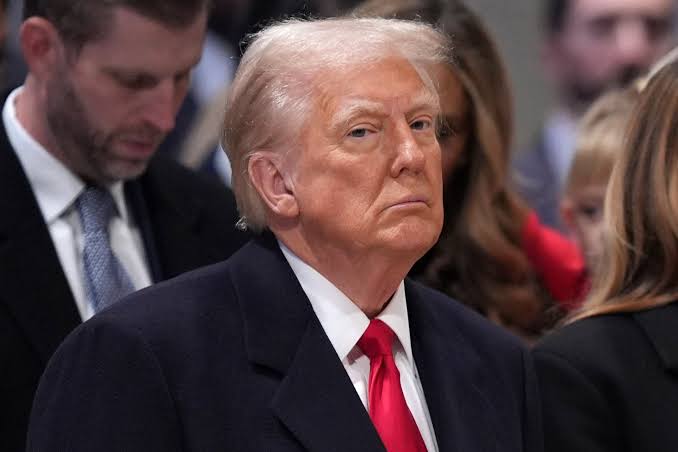There was a time when approaching a U.S. embassy for a visa felt less like applying for entry into a country and more like applying for membership into an ideological club.
You’d be asked: Are you fleeing political persecution? Are you LGBTQ+? Are you part of a marginalized activist group? These questions, though rooted in human rights values, often felt like prerequisites. If you were just a businessman with a vision and a passport, you had to wait—and hope your intentions aligned with the political climate of the day.
Then came President Donald J. Trump.
Like him or not, Trump’s approach to foreign policy and immigration is refreshingly transactional. He removed the unnecessary filters, the ideological litmus tests, and brought the focus back to merit and mutual interest. Under his administration, embassies became more efficient, more direct, and more welcoming to entrepreneurs and investors.
Today, you can walk into a U.S. embassy, present your business documents, and expect clarity. No weeks of waiting for security clearances. No digging into your political opinions or your affiliations. Just a simple question: What are you building, and why should we welcome you?
That’s not just bureaucracy working better—it’s diplomacy respecting purpose. The Democrats, with their identity-first approach to international politics, often confuse values with validation. Trump’s policy is different: protect America’s interests, yes—but also open the doors to those who can contribute to its economy and growth.
The U.S. foreign policy establishment needed a shake-up, and Trump delivered just that. He reminded the world that diplomacy isn’t just about moral posturing—it’s about results, relationships, and realism. Whether history remembers him as a disruptor or a builder, one thing is clear: under Trump, the visa line moved faster—especially for those who want to do business, not just seek refuge.
Africa must wake up to the shift. Global politics is no longer about grand speeches at the UN. It’s about capital, code, and connectivity. With Trump’s blunt diplomacy and Musk’s disruptive enterprise, a new axis of influence is forming—one that speaks the language of action, not ideology.
For African entrepreneurs, leaders, and visionaries, the choice is clear: embrace this era of deal-making and technological acceleration, or be left waiting in the visa line of history.


